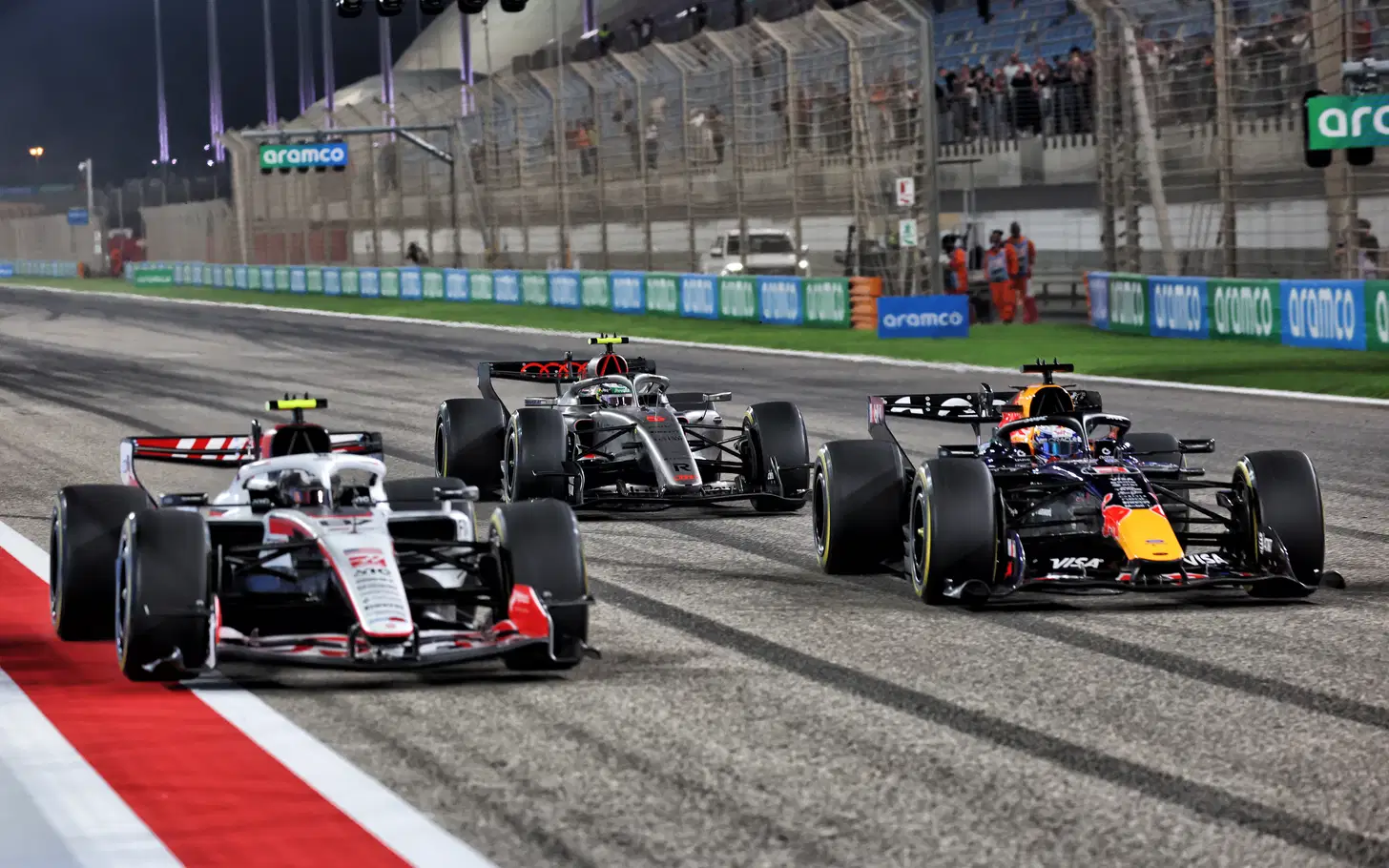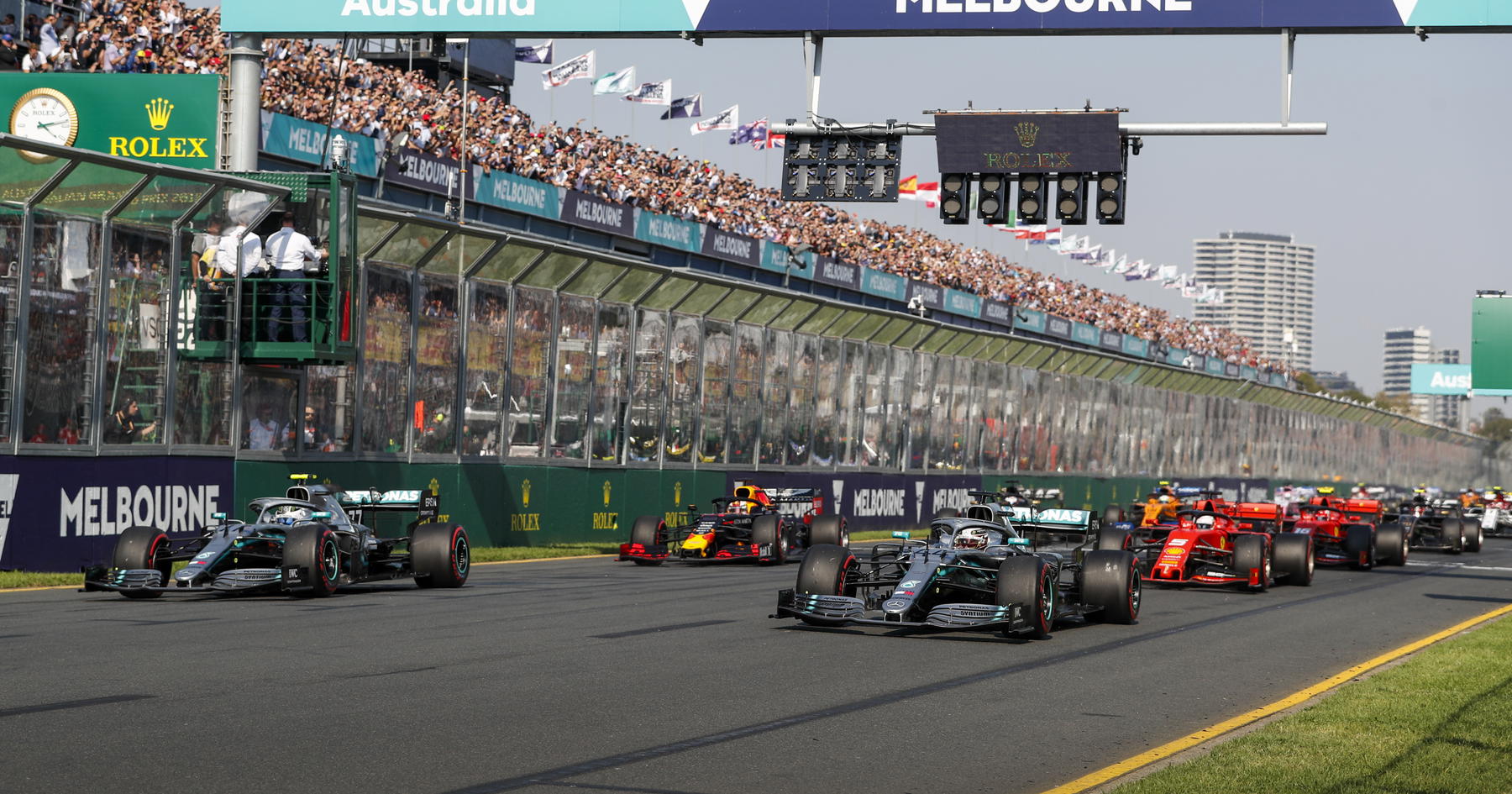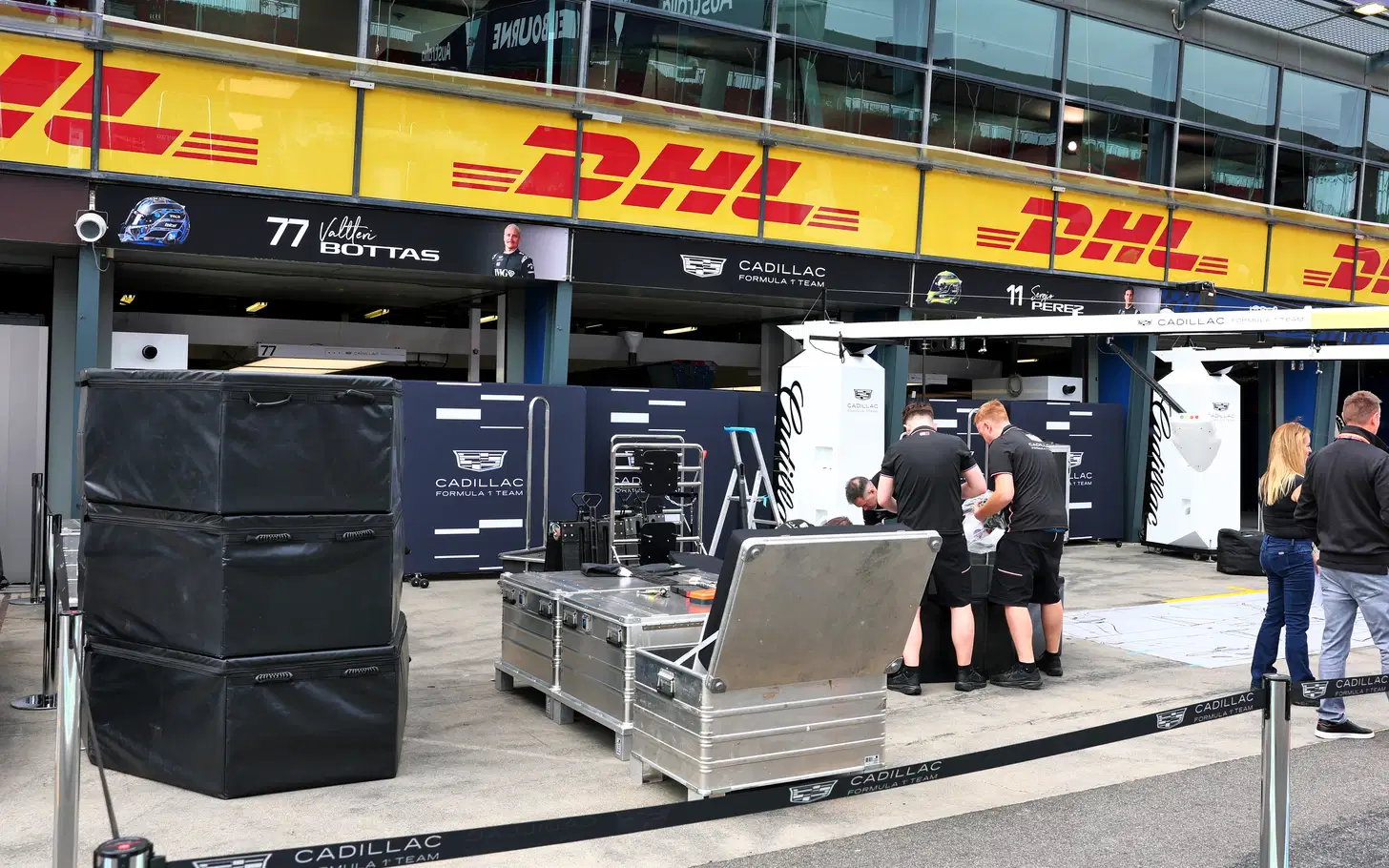FIA Faces Scrutiny as McLaren Push for Clarity Over Red Bull’s Engine Switch for Verstappen
The FIA has come under growing pressure after McLaren formally requested an explanation regarding Red Bull’s controversial engine change for Max Verstappen at the 2025 São Paulo Grand Prix. The British team’s demand has reignited debate over Formula 1’s cost-cap system and whether performance-based component changes should be financially regulated.
The controversy stems from Red Bull’s decision to fit Verstappen’s car with a new power unit ahead of the race weekend at Interlagos. The switch raised eyebrows across the paddock because it came without any confirmed mechanical failure or reliability issue. McLaren suspects that the move was made to gain a performance advantage rather than to fix a problem — potentially skirting the intent of F1’s cost-cap regulations.
McLaren Push for FIA Transparency
McLaren team principal Andrea Stella confirmed that the team has written to the FIA, seeking a detailed explanation on how such power-unit changes are treated under the current financial framework. Stella explained that McLaren, which has been cautious with its budget throughout the season, opted against making similar changes because of their understanding of the rules.
“We’ve asked the FIA for full clarification,” Stella said. “When an engine is changed due to reliability concerns, that’s entirely reasonable. But when a team replaces it purely for performance gain, those costs should be reflected in the cost-cap accounting. It’s important that everyone competes under the same interpretation of the rules.”
Formula 1’s cost cap, introduced to control runaway spending, currently limits teams to $135 million per season. The regulations cover a wide range of expenses, including car development, manufacturing, and certain operational costs. However, grey areas still exist, particularly regarding how power-unit replacements are categorized — especially when they’re not directly tied to a mechanical failure.
Regulatory Uncertainty
According to FIA regulations, an engine change can be classified under two main categories — one for technical failures and another for voluntary replacements. In Verstappen’s case, reports indicate that Red Bull made the change after noticing signs of power degradation rather than a clear reliability fault.
McLaren’s argument centers on fairness and financial transparency. The team believes that wealthier outfits could use “voluntary” engine changes to indirectly boost performance, giving them an advantage over teams that stick to tighter cost controls. “If we don’t have clear boundaries,” Stella warned, “we risk creating loopholes that undermine the spirit of the cost cap and encourage excessive spending disguised as reliability management.”
The FIA confirmed that McLaren’s inquiry has been received and that an internal review is underway. A spokesperson stated that both the governing body’s financial and technical divisions are analyzing Red Bull’s actions. “The FIA consistently monitors all power-unit activities and cost-cap declarations,” the spokesperson explained. “We are reviewing this situation thoroughly to ensure full regulatory compliance.”
Red Bull Defends Its Decision
Red Bull, meanwhile, insists it did nothing wrong. The team maintains that the decision to install a new engine was a precautionary measure based on data suggesting potential reliability risks. Sources close to the team say that performance was not the motivation.
Christian Horner, Red Bull’s team principal at the time of the decision, told reporters that the change “had nothing to do with chasing extra power” but was intended “to secure reliability during the closing stages of the season.”
Still, the timing of the replacement — just before the Brazilian Grand Prix — has prompted skepticism from rival teams. Verstappen’s fresh power unit appeared to deliver strong performance, helping him recover from a pit-lane start to finish on the podium behind Lando Norris and Kimi Antonelli.
Why It Matters
The FIA’s findings could have far-reaching implications for Formula 1’s competitive balance. If the governing body determines that performance-related engine changes must be included within the cost cap, teams will have to rethink how they manage budgets and technical upgrades. Conversely, if Red Bull is deemed compliant, it could set a precedent that allows other teams to adopt similar strategies without financial repercussions.
McLaren’s challenge also highlights growing unease among other teams, several of which reportedly support the call for clarification. Many believe that clear boundaries are essential to maintaining parity across the grid — one of the core principles behind the cost-cap era.
FIA’s Next Steps
The FIA is expected to issue a formal clarification before the next race to prevent further controversy. Officials may also consider revising the current cost-cap framework to explicitly address scenarios involving voluntary component changes tied to performance or strategic advantage.
“The regulations are constantly evolving as new challenges emerge,” the FIA spokesperson added. “Our aim is to ensure fairness, transparency, and consistency across all teams.”
As Verstappen continues his championship fight and McLaren lead the Constructors’ standings, the outcome of this inquiry could shape not only the remainder of the 2025 season but also how future financial and technical regulations are interpreted in Formula 1’s ongoing battle between performance innovation and fiscal responsibility.




